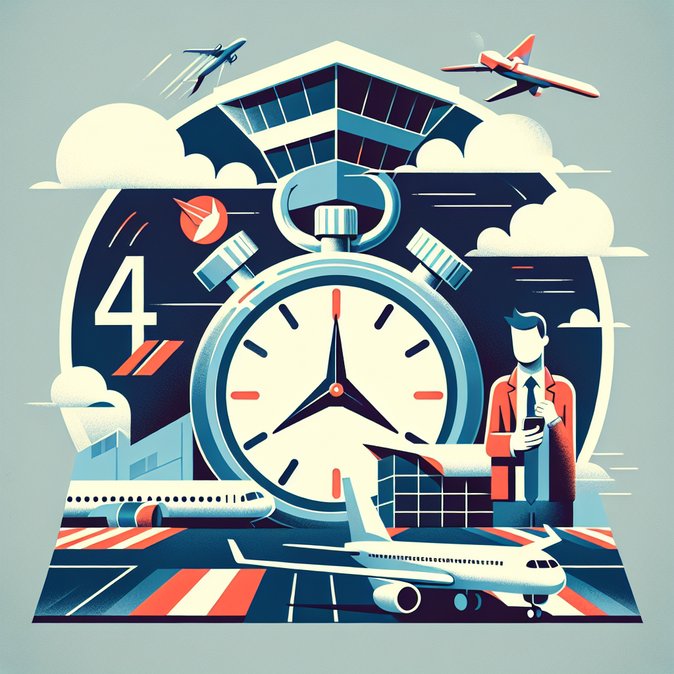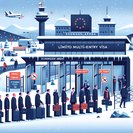
Czech corporate travellers heading to or transiting through Italy on 14 November face widespread disruption after unions representing air-traffic controllers staged a four-hour walkout from 13:00 to 17:00 CET. Airlines have pre-emptively cancelled or retimed more than 250 flights, including Czech Airlines’ midday Milan–Prague rotation and Ryanair’s Bologna-Prague service. EasyJet crews based in Italy also launched a parallel strike, prompting additional last-minute cancellations.
Although legal ‘protected windows’ obligate carriers to operate flights scheduled between 07:00-10:00 and 18:00-21:00, ripple effects are expected throughout the day as aircraft and crews fall out of position. Prague Václav Havel Airport (PRG) warned passengers connecting from Rome-Fiumicino or Milan-Malpensa to allow “at least six hours” of buffer time or consider overnighting. Travel-management companies are advising Czech firms to re-route via Vienna or Munich, noting that rail options are limited because of simultaneous strikes on Rome’s metro.
![Italian air-traffic-control strike snarls connections for Prague-bound travellers]()
Under EU261 rules, travellers whose flights originate in the EU are entitled to duty-of-care services but not monetary compensation because strikes are considered an “extraordinary circumstance.” However, employees should retain receipts for meals and accommodation; many Czech employers reimburse such incidental costs under standard travel policies.
Looking ahead, Italian unions have threatened a follow-up 24-hour action on 27 November unless wage and staffing demands are met. Firms with regular mobility flows between Czechia and Italy—particularly in the automotive and luxury-goods sectors—should monitor negotiations and build contingency routings into year-end travel.
Although legal ‘protected windows’ obligate carriers to operate flights scheduled between 07:00-10:00 and 18:00-21:00, ripple effects are expected throughout the day as aircraft and crews fall out of position. Prague Václav Havel Airport (PRG) warned passengers connecting from Rome-Fiumicino or Milan-Malpensa to allow “at least six hours” of buffer time or consider overnighting. Travel-management companies are advising Czech firms to re-route via Vienna or Munich, noting that rail options are limited because of simultaneous strikes on Rome’s metro.

Under EU261 rules, travellers whose flights originate in the EU are entitled to duty-of-care services but not monetary compensation because strikes are considered an “extraordinary circumstance.” However, employees should retain receipts for meals and accommodation; many Czech employers reimburse such incidental costs under standard travel policies.
Looking ahead, Italian unions have threatened a follow-up 24-hour action on 27 November unless wage and staffing demands are met. Firms with regular mobility flows between Czechia and Italy—particularly in the automotive and luxury-goods sectors—should monitor negotiations and build contingency routings into year-end travel.










